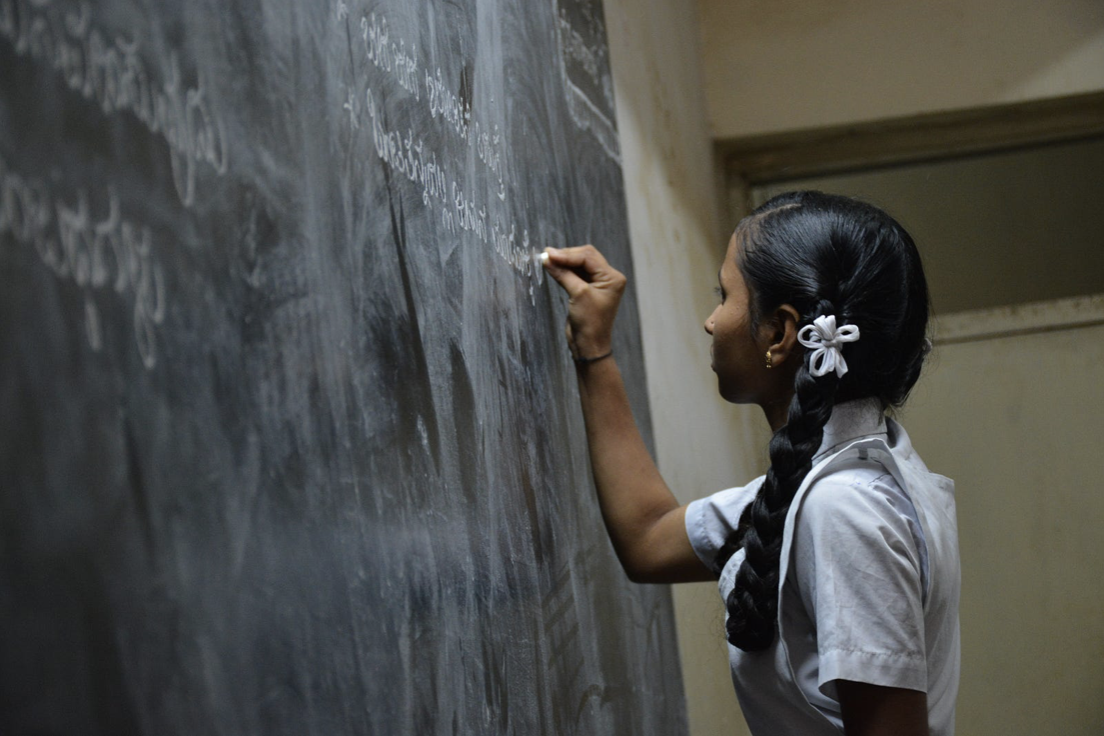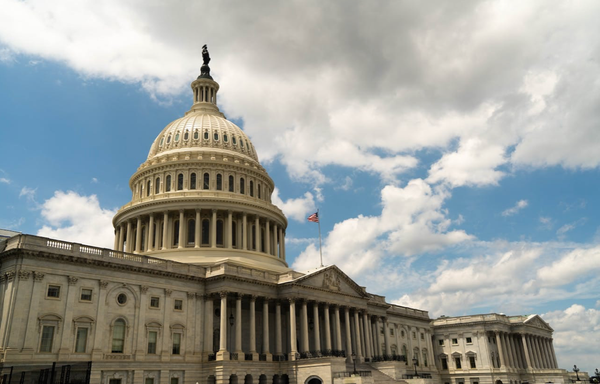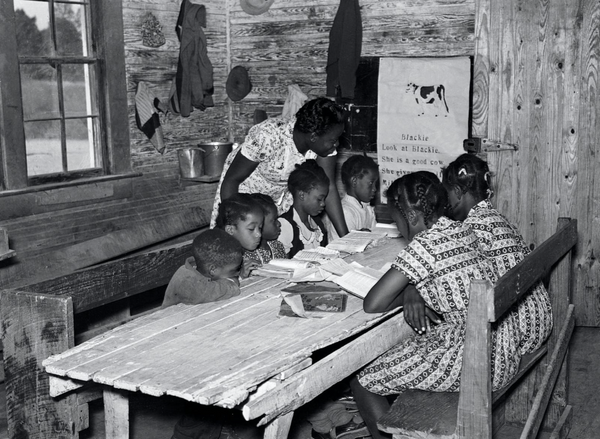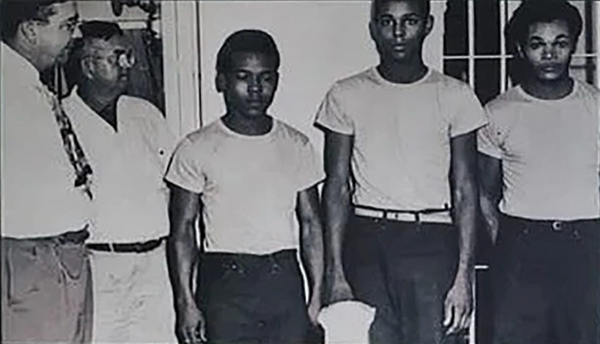An old game with new twists
Many culture war battles are focused on education — or perhaps better said, access to success. What students learn, who decides what students learn, and who gains access to success incites fear and anger, determines elections, and raises millions of dollars. Some recent highlights:
- Earlier this month, “the Board of Governors of the State University System of Florida voted to accept the Classic Learning Test, a controversial standardized testing alternative to the SAT and ACT, on applications to its twelve campuses starting this fall.” Florida is the first state to approve the college admissions exam’s use. (Florida System Adopts the Classic Learning Test, Liam Knox, Inside Higher Ed., September 11, 2023). It certainly is not a far leap to see, he/she who controls the test controls who gets access.
- Critical Race Theory (CRT) and calls for schools to “sanitize” curricular references to slavery, segregation, and racism and their impact on society, dominated headlines, social media, and gave some candidates sway in the 2022 election cycle. No further evidence is needed to see that this fight is absolutely about what is taught and how what is taught relates to the thinking society wants its members to have.
- Led by South Carolina, Texas, Florida, Missouri, and Utah, the increase in book bans in U.S. schools and libraries during the first half of the 2022–2023 school year has been estimated by Pen America to be twenty-eight percent. Thirty percent of these titles are related to race or racism, or feature characters of color. (Banned in the USA: State Laws Supercharge Book Suppression in Schools, Meehan and Friedman PhD, Pen America, April 20, 2023). What people learn informs perspectives and determines, to a great degree, decisions. Making it illegal to teach enslaved people was intentional. Controlling access to what people learn is a well-honed tool for determining the meritocracy’s inclusiveness.
- Florida State educational standards for middle school social studies appear to advocate teaching students that “the various duties performed by [enslaved people] (e.g., agricultural work, painting, carpentry, tailoring, domestic service, blacksmithing, transportation)” illustrate “. . . how [enslaved people] developed skills which, in some instances, could be applied for their personal benefit.” This has been interpreted by many as saying enslaved people benefited from slavery. (The Real Problems with Florida Teaching About the “Benefits” of Slavery, Michael C Doff, The Verdict, August 1, 2023). Making the enslavement of people appear to have benefitted those enslaved is a nod to the Manifest Destiny (white supremacist) underpinnings of the country’s ideological vantage point.
- In New York City’s public schools, about 26,000 eighth grade students compete each year for about 4,000 openings at the city’s most selective high schools. A standardized test, given only once a year, determines admission. The controversy: two-thirds of the city’s students are Black or Latino, yet only about ten percent of offers go to these groups. Specifically, Latino students were twenty-six percent of the test-takers, yet received less than seven percent of the offers; White students, seventeen percent of test takers, received twenty-seven percent of the offers; Asian-American students, thirty-two percent of test-takers, received fifty-three percent of the offers. Black students, nineteen percent of test-takers, received just three percent of the offers. (NYC: Asian-Americans Dominate Admissions to Specialized High Schools, Diane Ravitch, Diane Ravitch Blog, June 3, 2023)
Taken together, these battles underline the importance of context: the depth and breadth of issues, experiences, and transactions being critical to knowing what decisions to make. Our society, if not world, seems to have a “shoot first, ask questions later” way of approaching these things — a concern expressed in the unprecedented action taken by thirteen presidential centers, foundations, and institutes on September 7, 2023. Collaboratively, they issued a joint message emphasizing “. . . the need for compassion, tolerance, and pluralism while urging Americans to respect democratic institutions and uphold secure and accessible elections.” (13 presidential libraries from Hoover to Obama warn of fragile state of U.S. democracy, by Guy Fields, Associated Press, PBS, Sept. 7, 2023)

Meritocracy’s Dilemma: Democracy!
The U.S. Supreme Court decision in Brown v. Board of Education, Topeka Kansas, 1954 shook the country’s foundation, creating a backlash still being felt. A tidal wave of coalitions, including the Christian Coalition, the Religious Right, and the Moral Majority, to name a few, formed as a result. All with one goal in mind: regaining control over their ability to dictate indoctrination. (A deeper dive on this can be found in my previous article “Asians Got Pimped: SCOTUS’s Affirmative Action Decision Lifts Tribalism Above Achieving The Dream.”)
Brown v. Board was not solely about school desegregation, though that was a huge accomplishment. It was also about the allocation of resources and how the democracy defined meritocracy. Now, fast forward to the 1963 March on Washington. Many, especially those who try to sanitize Dr. King Jr., do not often attend to these words, “Instead of honoring this sacred obligation, America has given its colored people a bad check, a check that has come back marked ‘insufficient funds.’” In this part of his oratory Dr. King Jr. brought the Declaration of Independence, the Emancipation Proclamation, the overturning of Separate But Equal, and Brown v. Board together as the foundation for a radical departure from his highly regarded non-violent posture. Here he transformed to an activist’s call to action.
And action came! President Lyndon Baines Johnson lead the charge with Civil Rights, Voting Rights, and the War on Poverty — a period in U.S. history of which I and many of my peers are products. In the past, when confronted with the label “Affirmative Action hire,” I’ve always retorted by saying, “No, I’m a beneficiary of a time when the country decided to invest in its own talent.”

Past is Prologue
It’s only been about seventy years since Brown v. Board, the Civil Rights Act, the Voting Rights Act, and the War on Poverty fundamentally redefined the meritocracy, all directing the country’s institutions and resources to greater adherence to democracy’s promises. The meritocracy’s irreconcilable differences, unresolved by politics, policy, scholarship, and war, goes back much further. To the convening of the First Continental Congress in 1774, abdicating democracy to federalist ideologies: states rights, imperialism, and the ideologies of Manifest Destiny.
Consider, the Crusades lasted for over two hundred years. Did you know that? I didn’t, until writing this essay. Point being, Christians coalitions are a fervent lot! From the Heritage Foundation to Edward Blum’s Students for Fair Admissions, Inc. with scores of organizations, thousands of funding sources, and untold amounts of money supporting their agenda, no one should think these culture war battles will end without significant trauma, anytime soon. For many this a cultural crusade. A crusade for the soul of the country. For the right of dominant culture self-determination, that defines who will benefit from “the land of opportunity,” the meritocracy.










